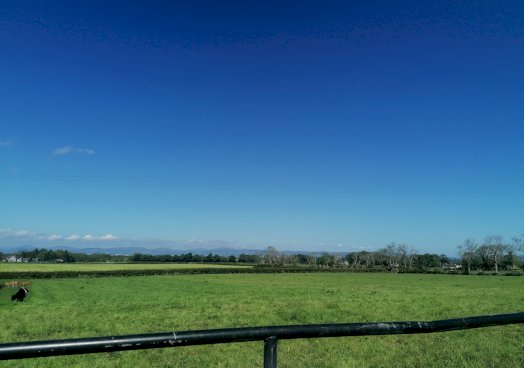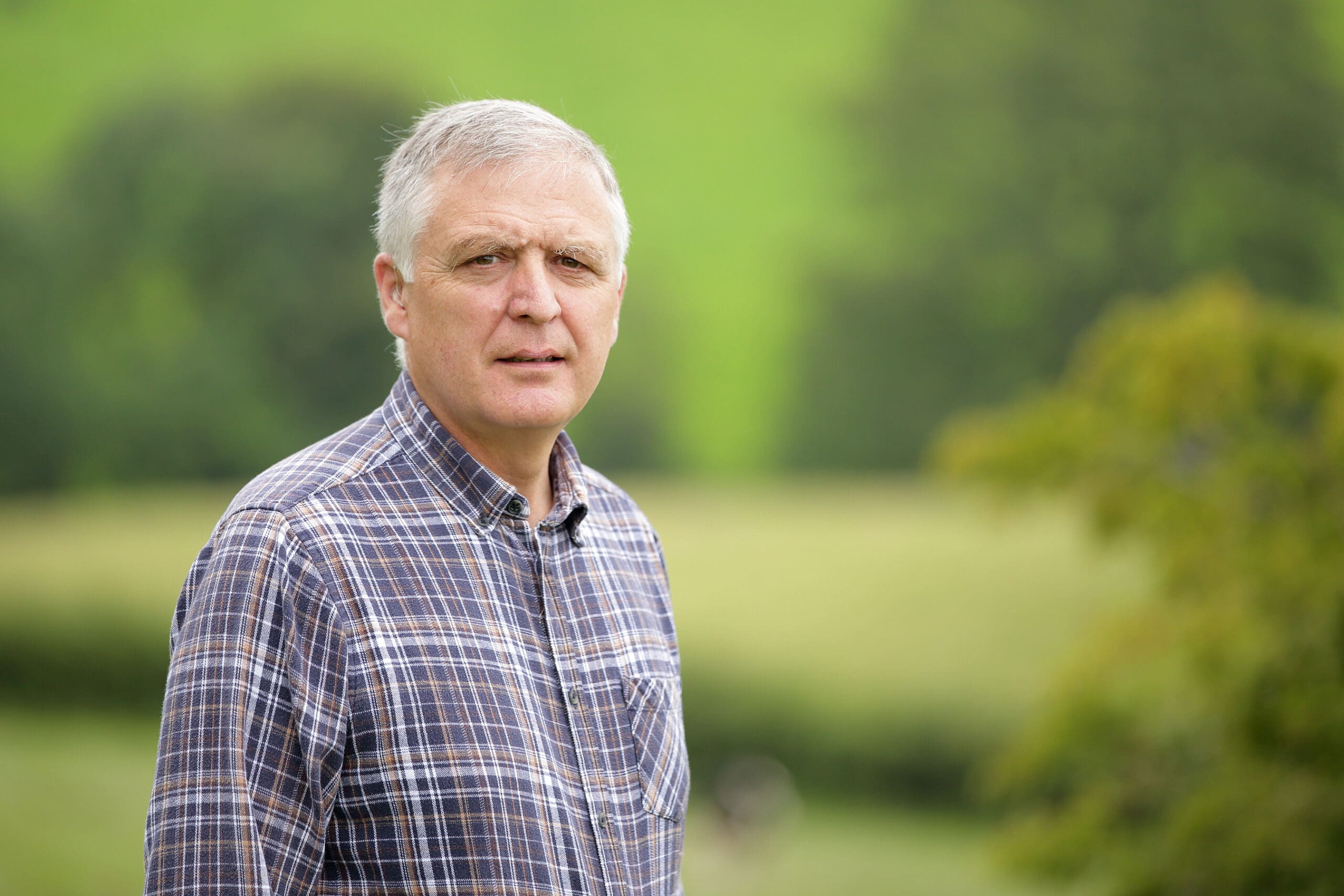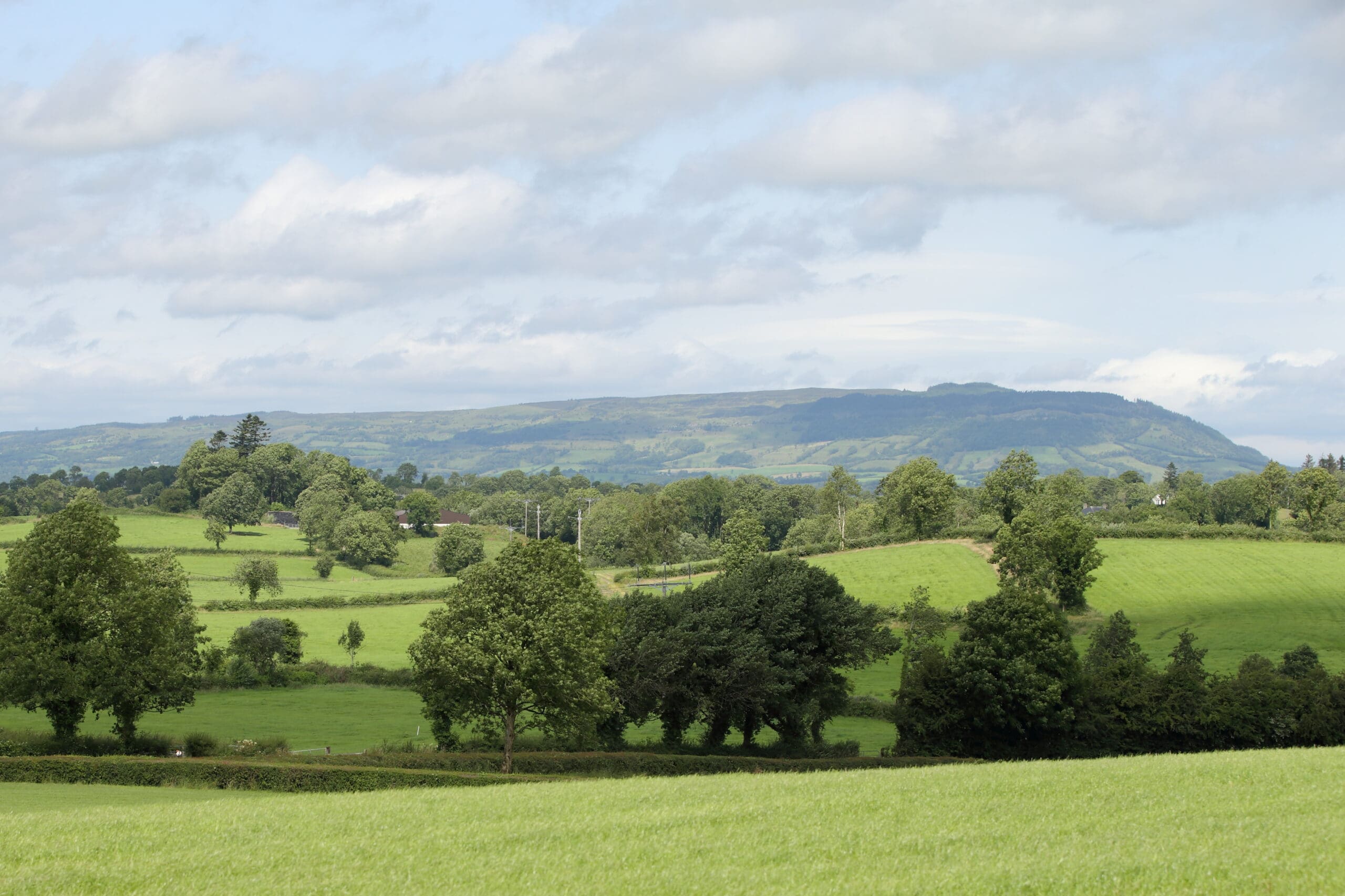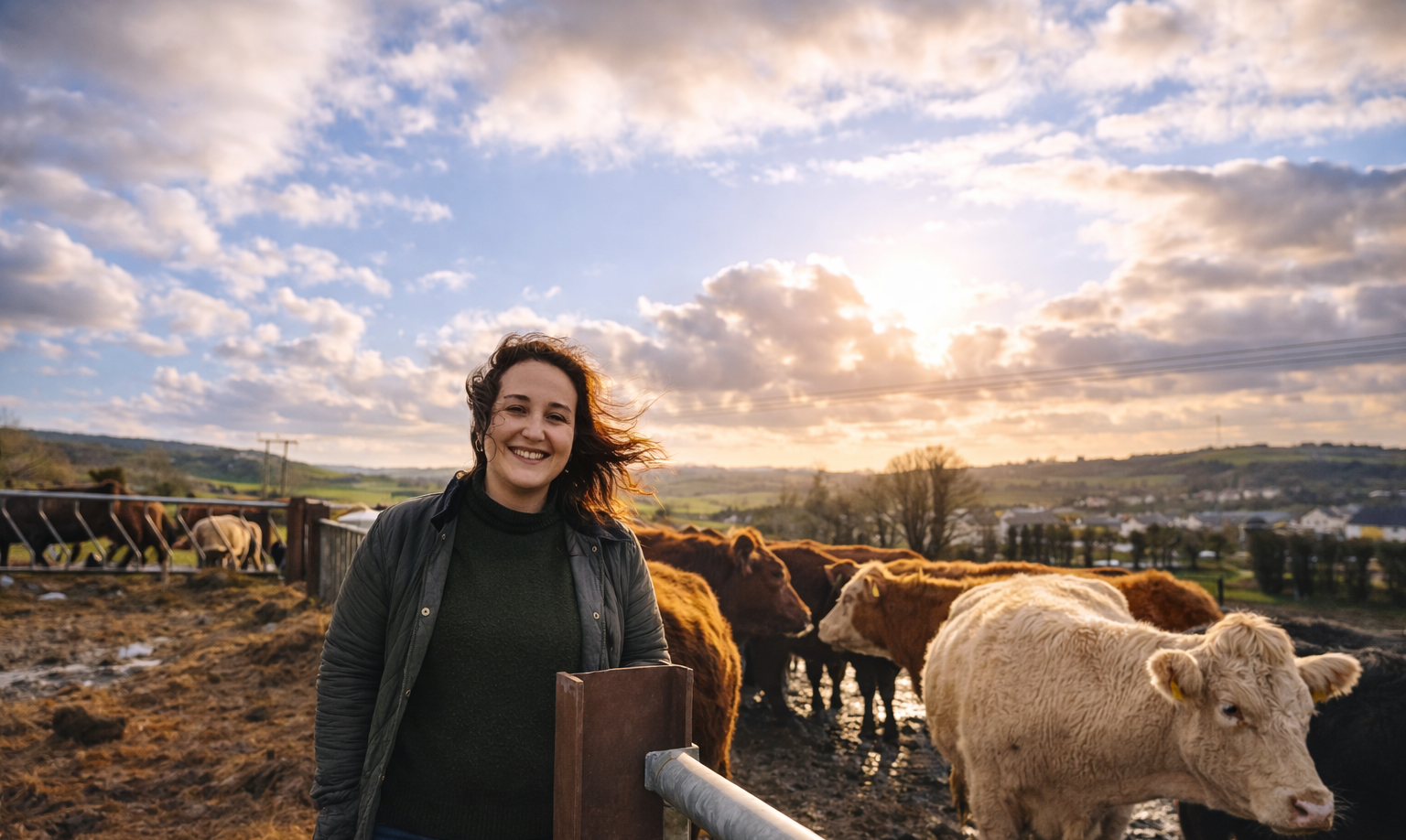
Commodity watch by senior policy officer Aileen Lawson
The long-awaited tranche two of the Farm Business Investment Scheme (FBIS) Tier 2 is now open for ‘expression of interest’ but there are now only a few days left to submit this online form – the application process closes at 4pm on 13 August 2021. This stage is mandatory if farmers wish to progress with a full application.
£12 million has been allocated to this tranche and FBIS Tier Two will fund projects from £30,000 up to an unlimited cost, with the maximum grant available of £250,000 at a grant rate of up to 40 percent. The £250,000 maximum grant limit per farm business includes FBIS funding received in Tier 1 or the first tranche of Tier Two.
This time FBIS Tier Two will be delivered in two stages. The ‘expression of interest’ stage which is currently open is to allow the Department of Agriculture, Environment and Rural Affairs (DAERA) to assess the appetite and readiness of farm businesses to invest in projects and their ability to complete the project within 12 months, so that payments can be administered and made by the end of the current Rural Development Programme (December 2023). The online expression of interest form is relatively straightforward and does not require quotations at this time. The second stage will require a more detailed business plan and additional information from applicants.
The focus of Tier 2 is on larger scale, farm investments which will drive sustainable growth through transformational investment in ‘future proofed, fit for purpose, modern infrastructure and equipment on farms’.
There is a perception from farmers that Tier 2 is focused on construction projects however, this is not the case with higher value equipment including some machinery also eligible for support. The scheme will also permit a number of individual items which may be less than £30,000 (e.g. from the Tier 1 equipment list) but when combined with other items, form a system to provide an overall improvement to the farm.
For example, a farmer could apply to fit rubber slats covers, introduce new handling facilities including a weigh bridge with auto ID and a recording system for suckler cows. Each item individually may be priced at less than the £30,000 minimum project spend but collectively the new modern facilities make up a system that meets the Tier 2 criteria.
A key difficulty from the previous tranche of Tier 2 was obtaining planning with some applicants held up for several months due to ammonia issues within planning applications. DAERA have changed this tranche ruling that for construction projects, planning approval or a certificate of lawful use or development (CLUD) must be in place before an application is submitted for the full application stage (Stage 2) which is expected later on this year.
A CLUD requires an application to the local Planning Authority (Council), payment of a fee and it basically confirms if the development is lawful under permitted development rules i.e., it confirms that full planning permission is not required. While this planning requirement is causing some frustrations, this scheme is funded through the Rural Development Programme which is coming to a close and has a tight timeline for monies to be spent therefore, if there are planning delays or if Tier 2 did not open at this time, the funding could be lost to NI farmers.
As before standard equipment, second-hand equipment, general purpose buildings and repair and maintenance are again not permitted within this scheme.
While the scoring criteria for the next stage of the application has yet to be made public, delivering environmental improvements will make up a significant part of the assessment process. There is a requirement for NI agriculture to reduce ammonia emissions, greenhouse gas emissions and excess nutrients therefore projects that can help deliver against these challenges will have a better chance of success.
DAERA have also clearly outlined that they will not support anything that will result in the increased confinement of livestock on farms and instead DAERA are encouraging farmers to consider applying for support for grazing infrastructure. This is largely due to the higher amounts of ammonia produced from livestock in housed systems.
This is a good opportunity for farmers to further avail of Rural Development Programme funding on farms. The future for all businesses depends on investing to make them as efficient as possible and the FBIS will encourage this. The scheme gives farmers the opportunity and support to further develop their farm or to purchase modern equipment to help future proof their business, increase production efficiencies and make environmental improvements.
Before applying, farmers need to carefully consider the scheme, ensure that they can meet all the conditions and to only apply for what they need and what they can commit to financially. DAERA have produced detailed guidance and have a helpful frequently asked questions section on their website which farmers should read carefully before applying to the scheme.




